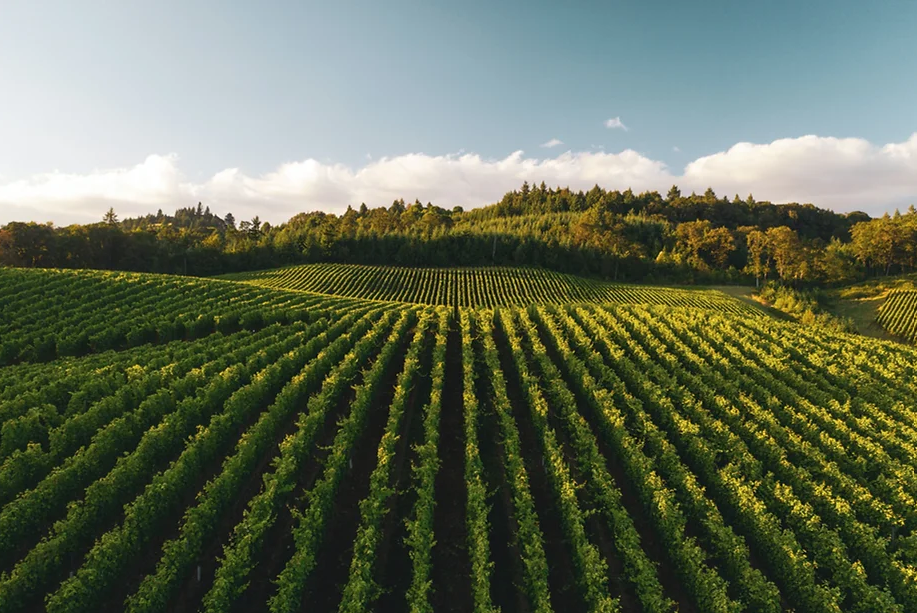
What we often forget is that nature is not something outside of us: we are part of it! Just like other living creatures, we depend on natural processes.
For example, on natural processes that provide us with oxygen to breathe and clean water to drink.
But while the number of humans on our planet increases, biodiversity decreases dramatically: already 83% of wild animals and half of the plant biomass have gone. As the animals and plants that are gone were part of natural processes that kept our ecosystems stable, these major differences cause natural processes to change.
- For example, the smaller number of insects affects the pollination of flowers. In some places, pollination has stopped altogether, so that plants don’t bear any more fruits unless people pollinate by hand. Apart from direct effects on, for example ecosystem products such as fruits, there are also disrupted processes that indirectly affect us.
- For example, increased carbon dioxide (CO2) levels in the atmosphere contribute to global warming, which has a large impact on other processes (further reading: how our wine is impacted by climate change). In the last 60 years, 56% of all carbon emissions were removed from the atmosphere by natural processes: 31% by plants and forests and 25% by oceans. But this natural process of removing carbon emissions is threatened.
The removal of carbon emissions is threatened, as trees are harvested and forest areas are converted to farm or urban areas. This causes trees to lose their ability to store carbon. And simply replanting the trees doesn’t compensate for the loss of carbon absorption, as undisturbed forests contain plants, animals, insects, fungi, lichens, and soil full of bacteria and viruses that double the amount of carbon that can be absorbed.
Also, replacing harvested forests with seedlings reduces carbon absorption, as young trees only absorb a fraction of the carbon absorbed by a mature tree. Apart from forests, oceans are under threat as well, as the additional carbon storage in ocean water has led to oceans becoming more acidic.
This increasing acidity is killing coral reefs and other living creatures, which in turn endangers ocean food chains and reduces the ocean’s ability to further absorb carbon. If we continue emitting carbon like we do today, our oceans could begin to release carbon back into the atmosphere, which will make global warming worse.
Visit Green for Gusto for more information related to global warming and how to save the planet!


